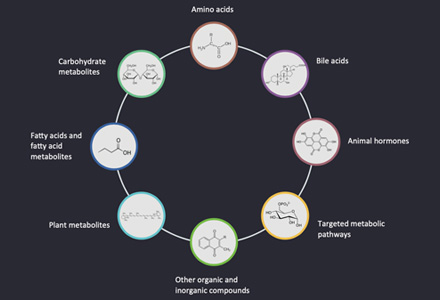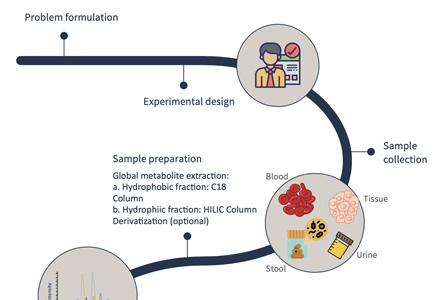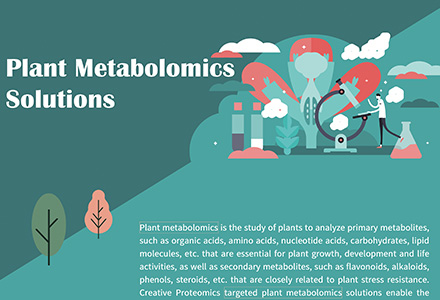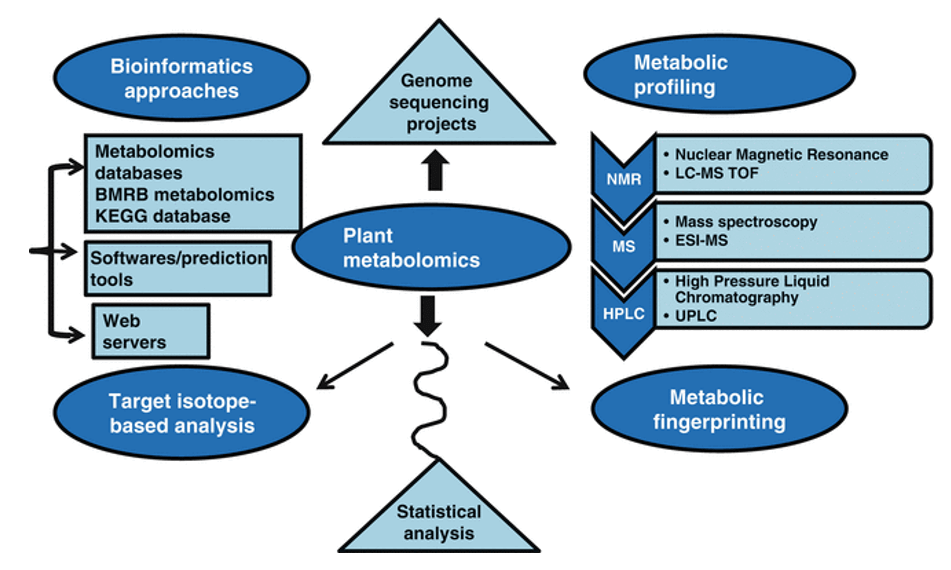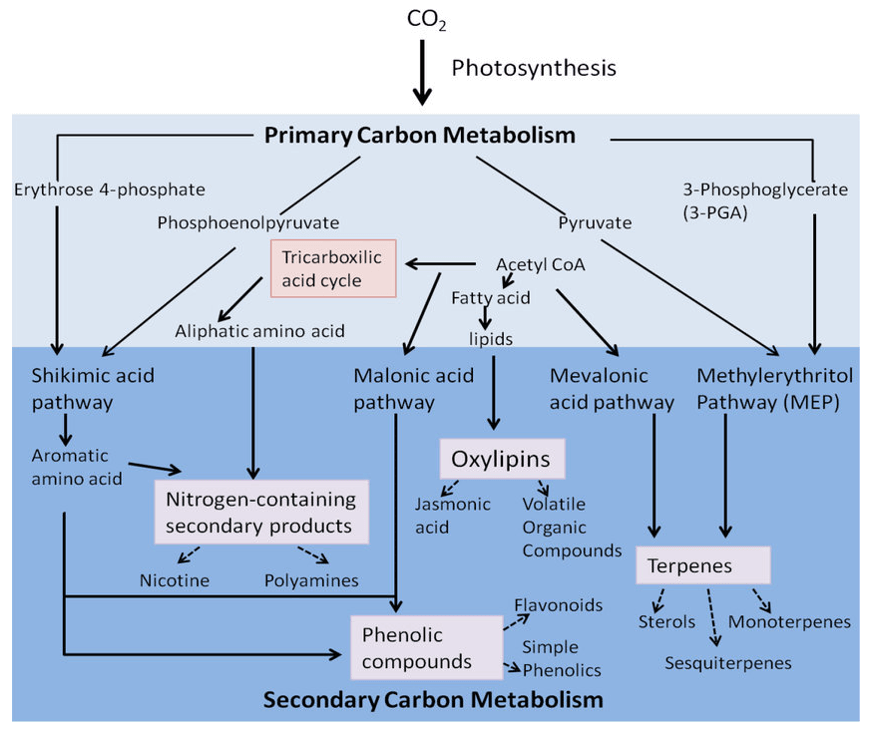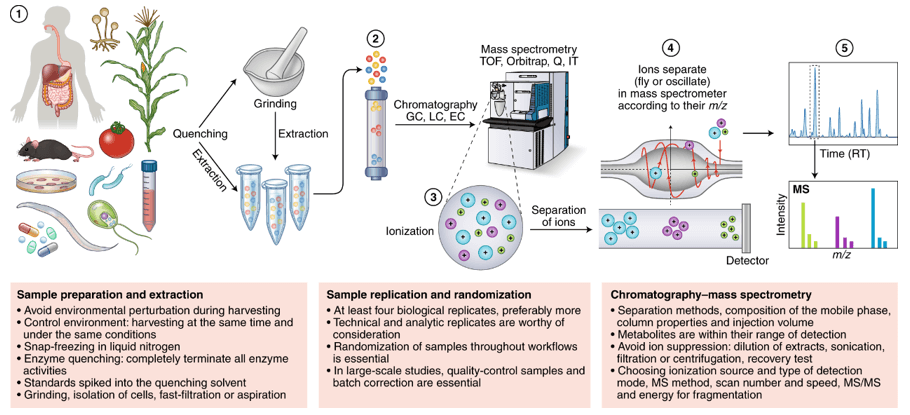Catechin Analysis Service
Submit Your InquiryCatechins are the main polyphenols in tea. Catechins are most abundant in tea, and are also contained in cranberry, apple, and persimmon leaves. Dark chocolate is also a source of catechins.
The mechanism of genetic regulation of catechin content and components has been a hot topic of genetic and biochemical research in tea trees. The main forms of catechins present in tea are epicatechin (EC), epigallocatechin gallate (ECG), epigallocatechin gallate (EGC), epigallocatechin gallate (EGCG), etc. As precursors of tannins, catechins often coexist with the corresponding flavonoids.
Catechins have various pharmacological effects. For example, catechin, which contains high amounts of caffeine, stimulates the stomach, increases gastric juice secretion, increases appetite, and thus aids in digestion. It also lowers fat, lowers blood pressure and softens blood vessels. It can act as an antioxidant, scavenging free radicals, thus achieving antioxidation and delaying cellular aging. Catechins also have significant anti-influenza and anti-viral effects.
Based on ultra-performance liquid chromatography-mass spectrometry tandem (UPLC-MS/MS) detection platform, Creative Proteomics enables rapid and accurate identification and quantitative analysis of catechins.
What we can provide
- Qualitative analysis of the main types of catechin
- Quantitative analysis of catechin content
- Ensure safety and quality
- Provide basis for improvement
Advantages of Our Catechin Analysis Service
Service Workflow
Our newly developed sample preprocessing method provides safety, environmental protection, rapidness, effectiveness, and the detection limits are 0.2~1.1 μg/L. Sample preprocessing at Creative Proteomics complies with the in-house standard operation procedures (SOP), ensuring maximized homogeneity between samples.
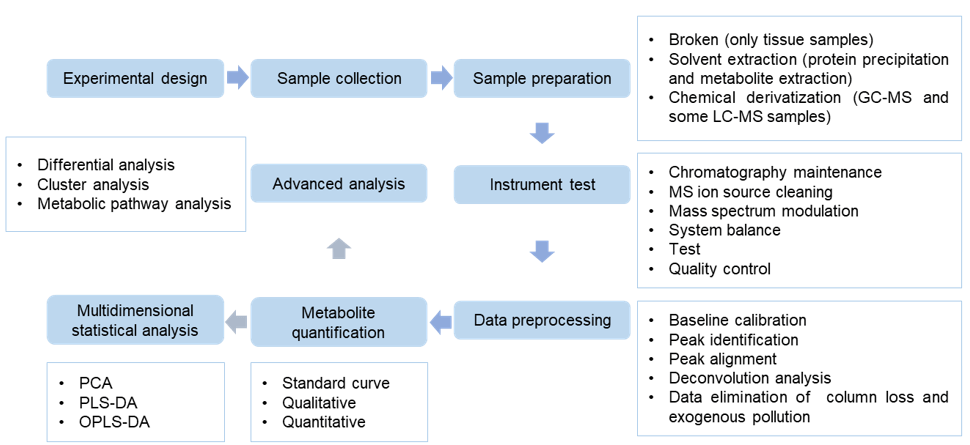 Figure 1. Catechin analysis service workflow.
Figure 1. Catechin analysis service workflow.
Mobile phase: water solution of formic acid – methanol
Analysis patterns: multi-response monitoring (MRM) mode under electrospray positive ion scanning
Linear range: r>0.99
Time: dozens of minutes, slightly different according to different ingredients
Analysis content:
- Standard curve creation
- Raw data preprocessing
- Absolute quantitation of catechin
List of Detectable Catechin at Creative Proteomics
We can test for the following substances, including but not limited to:
| Detectable Catechin | |
| Catechin, C | Epicatechin, EC |
| Gallocatechin, GC | Epigallocatechin, EGC |
| Catechin gallate, CG | Epicatechin gallate, ECG |
| Gallocatechin gallate, GCG | Epigallocatechin gallate, EGCG |
Sample Requirements
- Tissue ≥ 200 mg/sample
- Plasma ≥ 200 μL/sample
- Blood ≥ 200 μL/sample
- Drugs ≥ 0.2 g/sample
We can also accept other samples. Please contact us for the exact sample size required for the test.
In order to ensure the accuracy of the samples and reduce systematic errors during sampling, it is necessary to select more than 3 materials with the same condition for each sample. The same condition refers to the same period, basically the same phenotype, and the same part.
Delivery
- Experimental procedure
- Parameters of UPLC-MS/MS
- Purity analysis report
- UPLC-MS/MS raw data files and UPLC-MS/MS data quality checks
- Metabolites quantification data
- Custom analysis report
UPLC-MS/MS based profiling of catechin enables quantitative analyses in a faster, more convenient, and more sensitive manner. With decades of experience in UPLC-MS/MS services, Creative Proteomics has a proven track record supporting diverse catechin detection and quantitation. We can meet your specific project requirements, from sample to bioinformatics.


